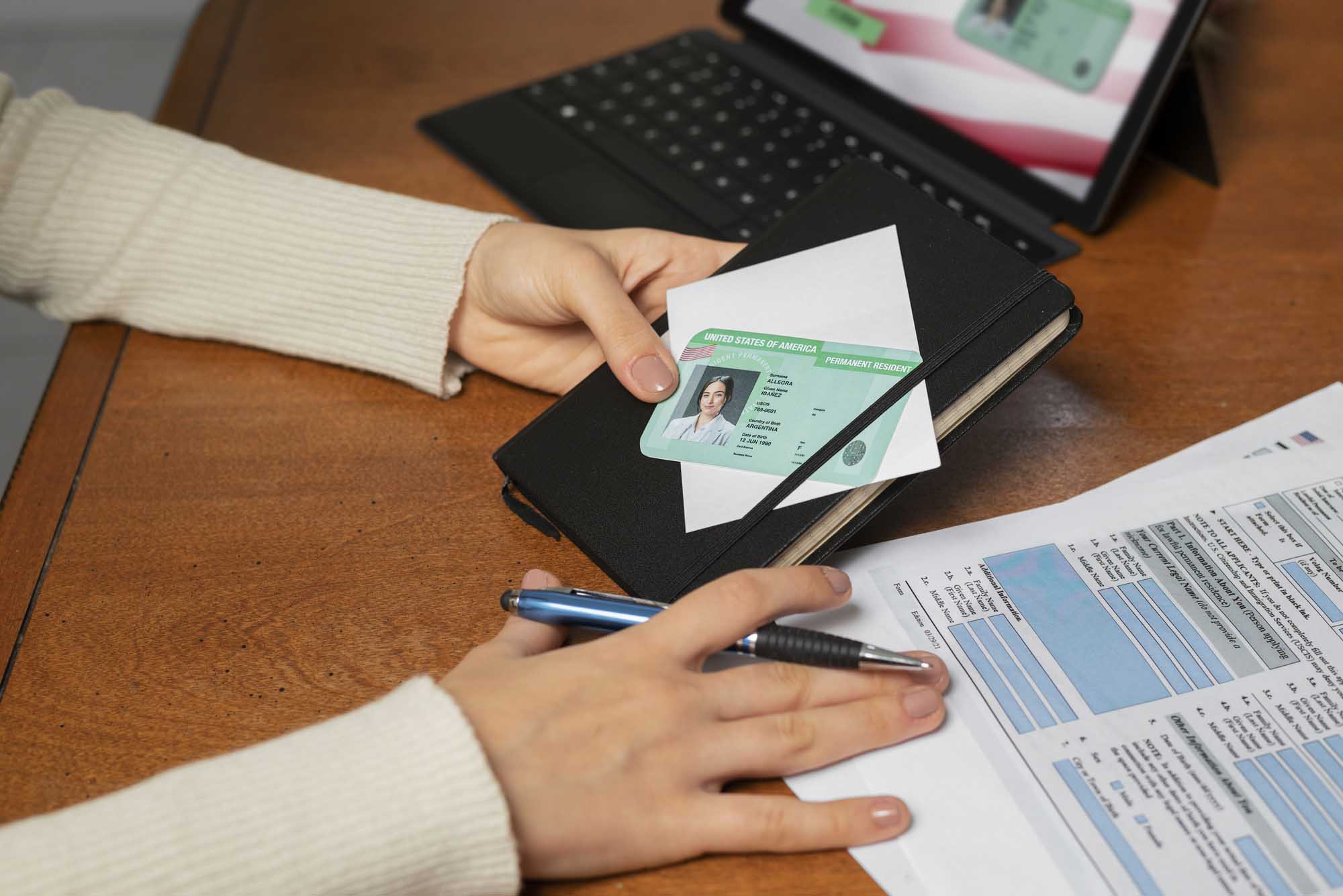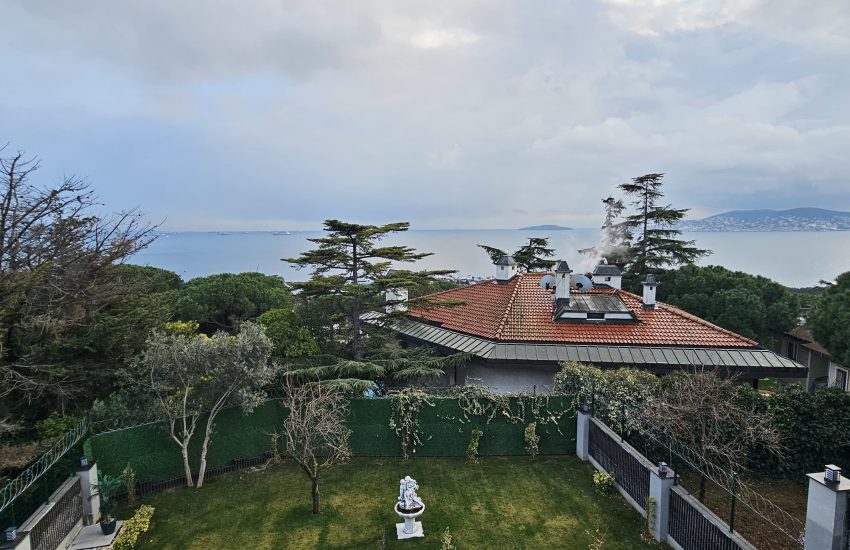How Can I Get Residence Permit in Turkey

Obtaining a residence permit in Turkey is a straightforward process if you follow the required steps and prepare the necessary documents. The first step is to determine the type of residence permit that suits your purpose of stay, such as a short-term permit for tourism or business, a family permit for those joining relatives, a student permit for educational purposes, or a long-term permit for those who have lived in Turkey for several years. Once you’ve identified the appropriate permit, you need to apply online through the e-Ikamet system.
Here, you’ll fill out an application form and schedule an appointment at the local Directorate General of Migration Management (DGMM) office. The documents you need to prepare include a valid passport with a photocopy, biometric photos, proof of address such as a rental contract or a utility bill, private health insurance covering your stay, and evidence of sufficient financial means to support yourself during your time in Turkey.
On the day of your appointment, you’ll submit your documents, pay the required fees (which vary depending on the type and duration of the permit), and provide any additional information requested by the migration officers. After the application is processed, your residence permit card will be sent to your registered address. It’s important to start the process before your visa or visa-free period expires, as overstaying can lead to fines or potential entry bans. Renewal applications should also be made before your current permit expires to ensure continuity of your legal stay in Turkey.
Turkey is a vibrant country that attracts people from around the world for its rich culture, diverse landscapes, and opportunities for work, study, and tourism. If you plan to stay in Turkey for an extended period, obtaining a residence permit is essential. This blog post will guide you through the process, detailing the requirements, types of permits, and steps to secure legal residency in Turkey.
Turkey offers several types of residence permits depending on your purpose of stay:
- Short-Term Residence Permit: Ideal for tourists, business travelers, property buyers, or those seeking medical treatment.
- Family Residence Permit: For family members of Turkish citizens or foreign residents.
- Student Residence Permit: For individuals enrolled in educational programs in Turkey.
- Long-Term Residence Permit: Available to foreigners who have lived in Turkey continuously for at least eight years with a valid residence permit.
- Humanitarian Residence Permit: Granted under exceptional circumstances.
- Residence Permit for Victims of Human Trafficking: A special permit for those who fall under this category.
Understanding your eligibility and choosing the correct type is the first step in the process.

The application process begins online through the e-Ikamet system, Turkey’s official platform for residence permits. You’ll need to fill out the application form, providing details such as your purpose of stay, address in Turkey, and passport information. The system will generate an appointment date for you to visit the local Directorate General of Migration Management (DGMM) office. It’s crucial to apply before your visa or visa-free period expires to avoid fines or legal issues.
Once your application is submitted online, the next step is to gather the necessary documents. The specific requirements may vary based on the type of residence permit you are applying for, but the standard list includes:
- Valid Passport: Ensure your passport is valid for at least six months and includes entry stamps for Turkey.
- Biometric Photos: Typically four photos that meet Turkish biometric standards.
- Proof of Address: This can be a rental contract, utility bill, or notarized declaration from your host.
- Health Insurance: Private health insurance covering your stay in Turkey. Students may be exempt if covered by their educational institution.
- Proof of Financial Stability: Bank statements or proof of income showing you can support yourself during your stay.
- Tax Number: Obtain a tax number from the local tax office for fee payments.

On the day of your appointment, arrive at the DGMM office with your documents neatly organized. An officer will review your application and may ask additional questions about your stay. You’ll also need to pay the application fees, which vary depending on your nationality and the duration of your permit.
Ensure all documents are complete and accurate to avoid delays. If anything is missing, you may be asked to return with additional paperwork.
After submitting your application, it will be processed by the migration authorities. This can take a few weeks to a few months, depending on your location and the workload at the DGMM office. During this period, you are allowed to stay in Turkey legally, provided you’ve submitted your application before your visa expires. Once approved, your residence permit card will be mailed to your registered address.

If you plan to extend your stay in Turkey, you must renew your residence permit before it expires. The renewal process is similar to the initial application but can often be completed more quickly. Make sure to apply at least 60 days before your permit’s expiration date to ensure a seamless transition.
- Start the application early to avoid last-minute stress.
- Double-check all documents for accuracy and completeness.
- Keep photocopies of all documents for your records.
- Maintain open communication with your landlord or host to ensure proof of address is valid.
- If unsure about any part of the process, seek assistance from a legal advisor or consultant specializing in residence permits.
Obtaining a residence permit in Turkey may seem complex at first, but with careful planning and preparation, the process is manageable. By following the steps outlined in this guide, you can navigate the requirements with confidence and enjoy your time in this beautiful and culturally rich country. Whether you’re here for study, work, or leisure, a residence permit opens the door to exploring all that Turkey has to offer.











